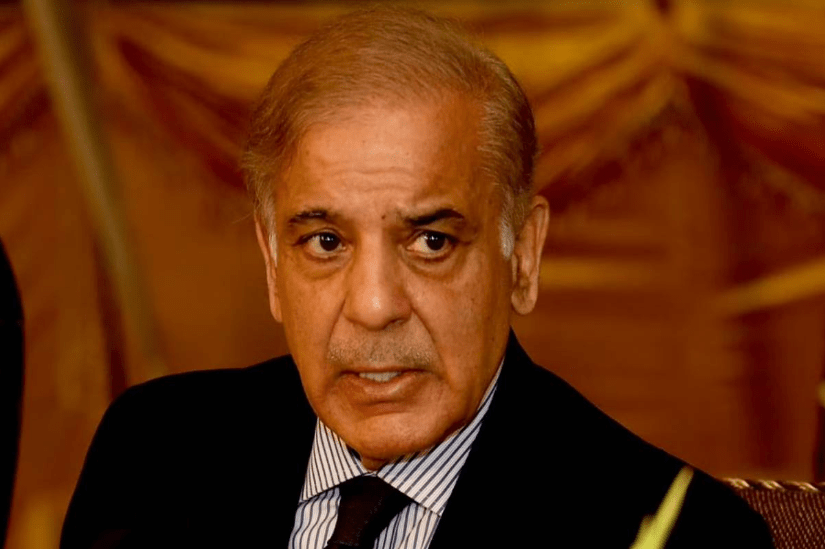
Adetailed report by the United Nations Human Rights Committee has raised serious concerns over the spread of religious intolerance, blasphemy, forced kidnappings and conversion of Hindu and Christian minority girls, curbs on media and freedom of expression in Pakistan.
It also questioned Islamabad’s ongoing curbs, outages and surveillance by government institutions and authorities on social media, internet, social media apps, internet surveillance to tactically devise and manage the general elections in the country.
During the review, serious questions were raised by the UN on the situation of freedom of expression, media freedom, religious intolerance and freedom of expression in Pakistan.
“According to information received, the legislative framework at the federal and provincial levels imposes unnecessary barriers to exercise this right. We have seen in many areas the NGOs have their finances and plans inspected and all this is being used to interfere in the work of some NGOs. There are many reports that national as well as international NGOs are subjected to constant investigation and harassment on the part of security operators and government officers,” stated the UN Committee.
“University students have to sign a sworn declaration where they reject any political activity on the basis of prerequisite for admission to a university. Similarly, Pashtun and Baloch students are subjected to arbitrary disciplinary hearings and suspensions given their political activity,” added the UN Committee on Human Rights chair.
The UN Committee also reiterated its serious concerns over the issue of forced conversions and kidnapping by miscreants in Pakistan targeting Hindu and Christian girls. The committee expressed its astonishment over the fast-increasing numbers of cases of Hindu and Christian girls being abducted and later on forced to convert to Islam by abductors or their relatives.
“Sometimes these cases don’t even reach courts and when they do, the girls are not sent back to their families but to their abductors or sent to shelter most of them don’t have necessary condition to protect these victims while some of these girls are also exposed to sexual violence,” stated the committee, rejecting the state party’s contention that the number of cases of forced abduction and conversion of Hindu and Christian girls in Pakistan stands at just 74.
Other than taking Pakistan to the cleaners on forced conversions, the UN committee also raised serious questions over the government’s inability to tackle the dangerously-increasing numbers of attacks and threats on Shia Muslims, Christians, Ahmadis, Hindus and Sikhs. This also includes cases of accusations of blasphemy, targeted killings, lynching, mob violence, forced conversions and desecration of places of worship.
“Society has become increasingly intolerant of religious diversity. The minorities are facing a constant threat to persecution and discrimination amid the rise of religious radicalism,” the UN committee noted.
The UN committee has also called out Pakistan for using its authority and use of the Exit Control List (ECL) to restrict freedom of movement to suppress dissent. Rights defenders like Mama Qadeer, Mahrang Baloch and others had faced travel restrictions without any clear or legal grounds.
The committee also expressed concerns over passport application to obtain declaring their religion, especially Ahmadi applicants required to identify as non-Muslims to obtain passports.
The committee also stressed that the defamation law in Pakistan needs a careful implementation so that it doesn’t repress the freedom of expression.
“Defamation remains a criminal offence in the PPC and the Prevention of Electronic Crime Act with penalty of imprisonment and fines. Punjab Defamation Bill 2024 passed without stakeholders consultations raises concerns as it emphasises prosecuting public officials and allows fines without proof of actual damage which can lead to repression or intimidation”.
While the report raised questions over important points, it also called out the Pakistan government and its federal agencies, holding them to task over issues including child rights and anti-rape laws, curbs on media and self-censorship, internet outages and online surveillance and bonded labour, calling for transparency and provision of rights to the masses.






